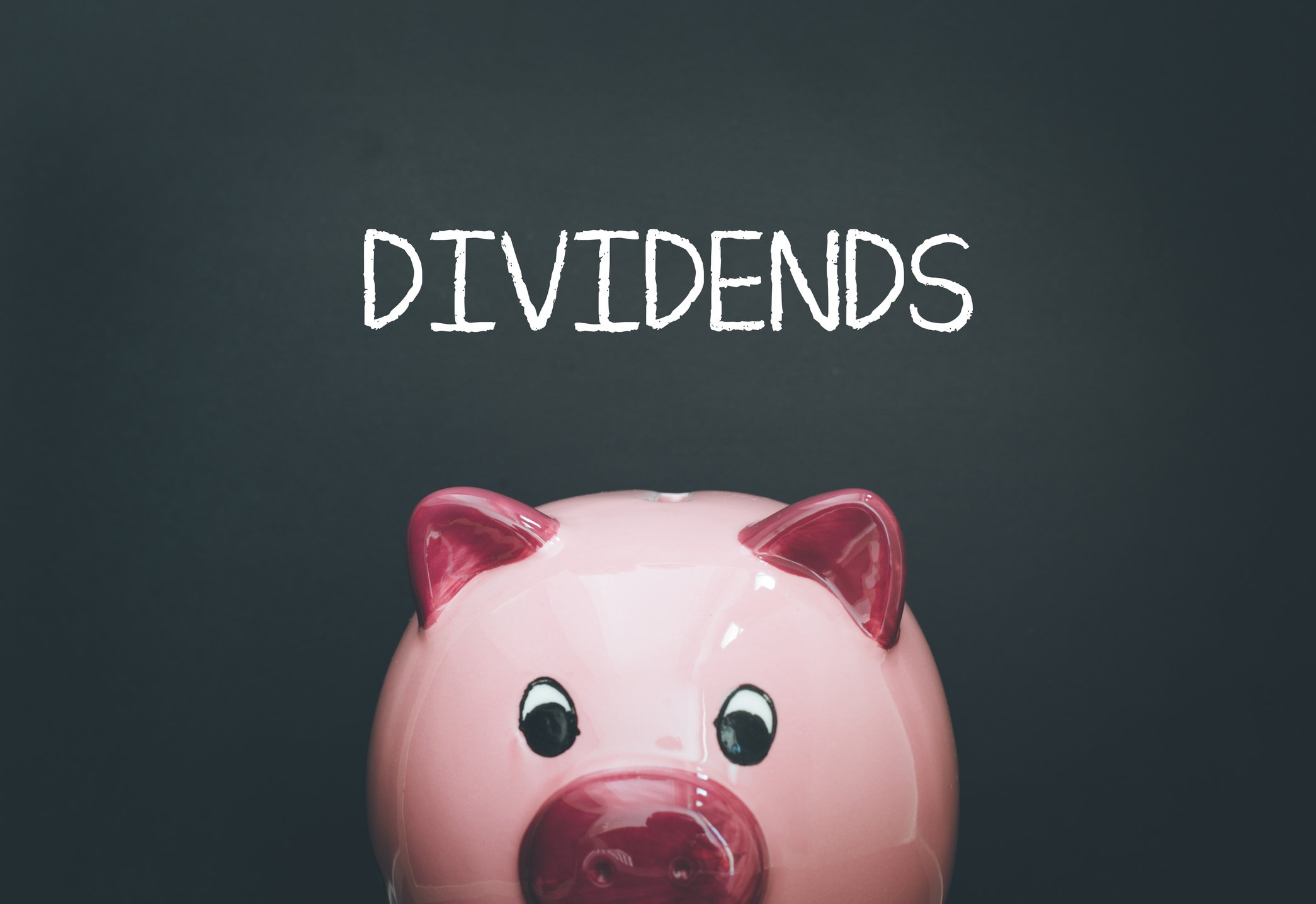IBM (IBM 1.59%) used to be a tech titan that could be relied upon to deliver steady growth. Unfortunately, Big Blue has struggled in recent years to keep pace with the changing times. Investors have responded in kind by knocking down the company's valuation to historic lows.
The upside to IBM's low valuation is that it has turned into a high-yield stock. Shares currently yield 4.35%, significantly higher than the 1.8% yield offered by the S&P 500.
But are there any stocks that offer a higher yield than IBM and are a better bet moving forward? We asked a team of Motley Fool investors, and they picked TerraForm Power (TERP +0.00%), Iron Mountain (IRM +0.35%), and STORE Capital (STOR +0.00%).

Image source: Getty Images.
Renewable energy for income investors
Maxx Chatsko (TerraForm Power): Most wind farms in the United States are eligible to receive something called the production tax credit (PTC), which provides extra income for the renewable electricity they send to the grid. How lucrative is the subsidy?
Well, wind power will go from generating about 1% of total American electricity in 2008 to roughly 7% in 2019 -- and become the top renewable energy source in the country, marking the first time in over 100 years that the distinction doesn't go to hydropower. In other words, the PTC has been pretty lucrative -- and individual investors can share in the profits.
Companies such as TerraForm Power purchase equity stakes in wind power assets across the country, generate funds from operations (FFO) from the electricity sold, and return a giant chunk of that to unitholders. Right now the company's dividend yield sits at 6.9%, but management expects to grow that by 5% to 8% per year for the next five years at least. The stage is set for success.
In 2017 TerraForm Power found a new parent in Brookfield Asset Management, which moved quickly to inject more operational efficiency into the business. Those efforts are expected to shave off $25 million per year in operating expenses for the next two or three years. The new parent also provided a credit line to jump-start the purchase of renewable energy assets that have the potential to drive growth for years to come.
Simply put, this high-yield renewable energy stock is capitalizing on a generous trend in the American power sector. Investors looking for income should definitely at least put TerraForm Power on their watchlist.
A dividend dream stock
Keith Speights (Iron Mountain): IBM's dividend yield currently stands at 4.35%. Iron Mountain's yield tops 7%. Does that automatically make Iron Mountain the better stock for income-seeking investors? No -- but I think that other factors do.
I'd put Iron Mountain's competitive advantages at the top of the list. IBM competes in a cutthroat world of well-heeled rivals trying to one-up one another in rolling out technological advances. Iron Mountain enjoys a near monopoly in providing storage services for records and data, with over 225,000 customers, including roughly 95% of the Fortune 1,000.
Put dividend hikes on the list, too. Sure, IBM isn't far away from becoming a Dividend Aristocrat, with the company claiming 22 consecutive years of dividend increases. But I think investors should, like Janet Jackson sang years ago, ask, "What have you done for me lately?" Iron Mountain has boosted its dividend by a whopping 118% over the past five years, compared to IBM's dividend hikes of 65% during the period.
I also think that Iron Mountain is set to grow faster than IBM. The company should enjoy solid growth from its expansion in emerging markets and adjacent industries, and in operating data centers. No stock is perfect, including Iron Mountain. But my view is that its high yield, competitive position, dividend hikes, and growth prospects make Iron Mountain a dividend investor's dream.
Bucking the retail apocalypse
Brian Feroldi (STORE Capital): The rapid rise in e-commerce has caused Wall Street to sour on many companies that have brick-and-mortar retail exposure. For example, STORE Capital is currently down 15% from its all-time high, and the company's dividend has been pushed above 5%. However, when I take a deeper look at STORE's business model and operating results, I can't help but feel that the selling is unwarranted.
STORE is a real estate investment trust (REIT) that owns more than 2,000 free-standing buildings that are leased out to a wide variety of retail businesses. This might sound like a dicey strategy as more and more retail sales move online, but STORE uses numerous strategies to ensure that its risk is manageable.
First, the company focuses on service businesses (think restaurants, movie theaters, fitness centers, and auto repair shops). These types of businesses are far more resistant to the rise of e-commerce than general merchant retailers are.
Second, STORE makes all its tenants sign long-term, triple-net leases. The long-term contracts help to keep turnover rates low even during periods of economic stress. At the same time, the triple-net feature makes the tenant responsible for all the building's variable costs (maintenance, insurance, taxes, utilities, etc.). This allows STORE to act as a rent-collecting landlord and nothing else.
Finally, STORE requires all its tenants to submit regular financial statements. This keeps STORE up-to-date with the financial health of its businesses so it can take early action.
These factors combine to keep STORE's occupancy rates high at all times and ensure that it remains in strong financial shape. So the company has had no problems posting consistent dividend growth since going public in 2014 (the dividend has been raised each year since its IPO and is up a total of 24%) even though it maintains a conservative payout ratio of about 70% of funds from operations.
Moving forward, STORE's management team estimates that about 200,000 properties are potential acquisition targets. When combined with steady rent increases and its conservative business model, I think that investors can expect the dividend to continue to rise steadily for years to come. That's an attractive proposition for a company that is currently trading at a discount and boasts such a high yield.








